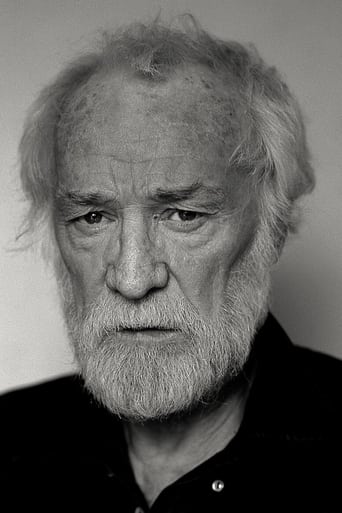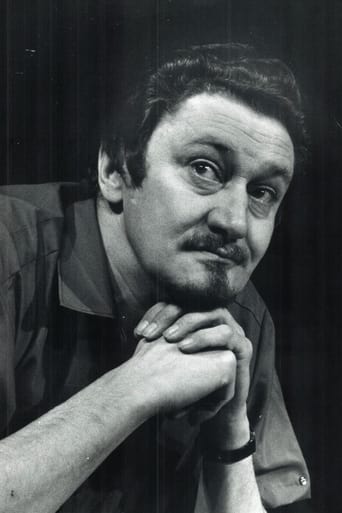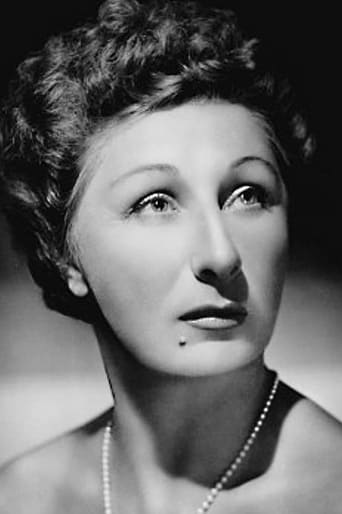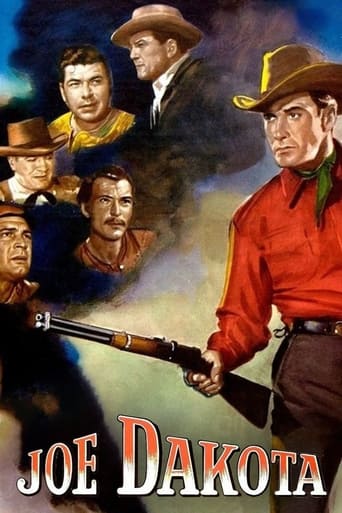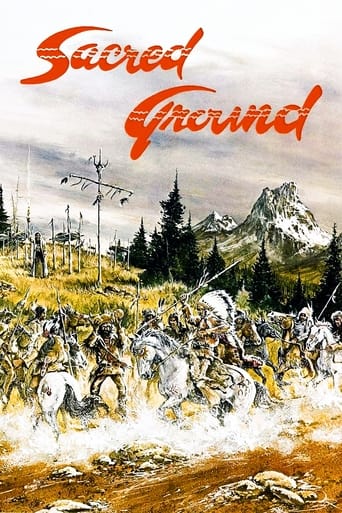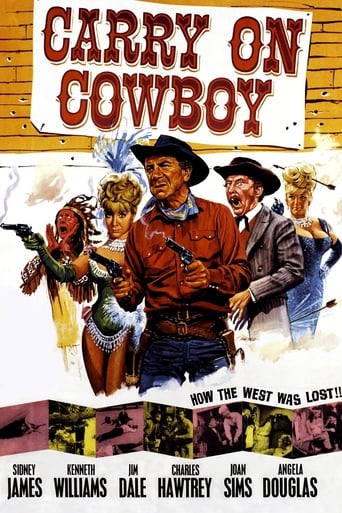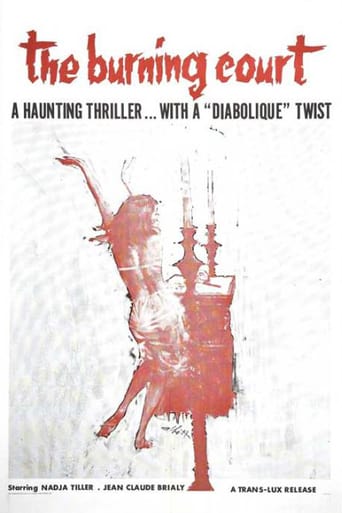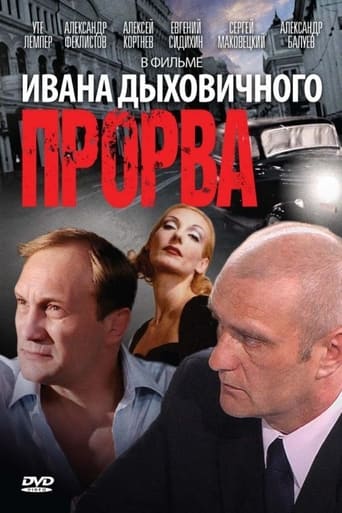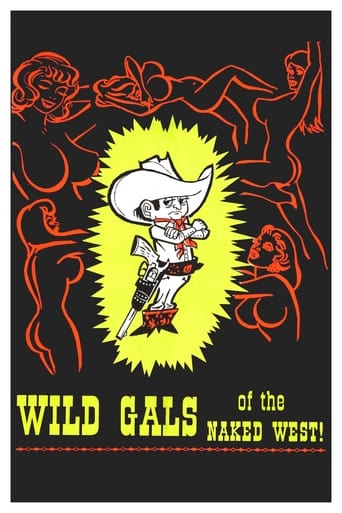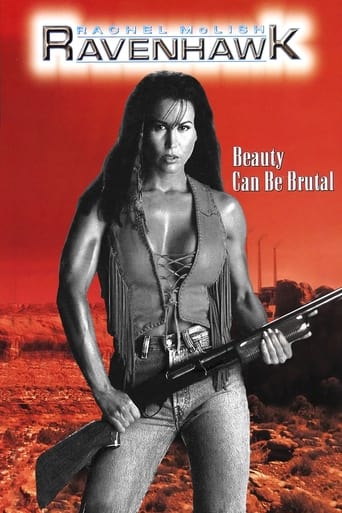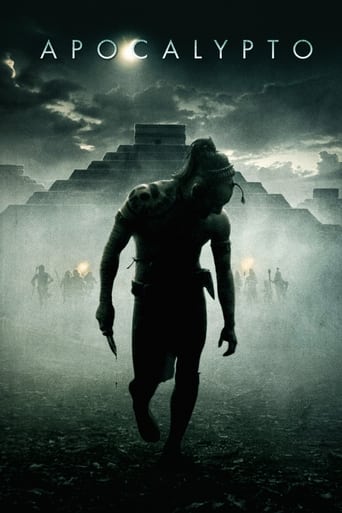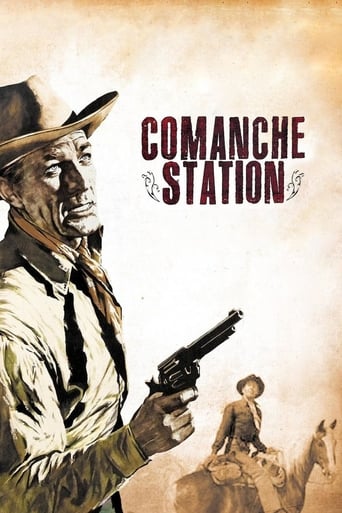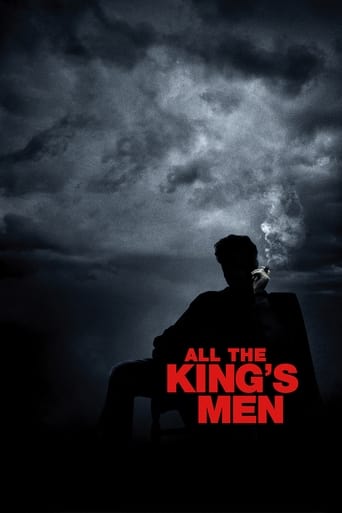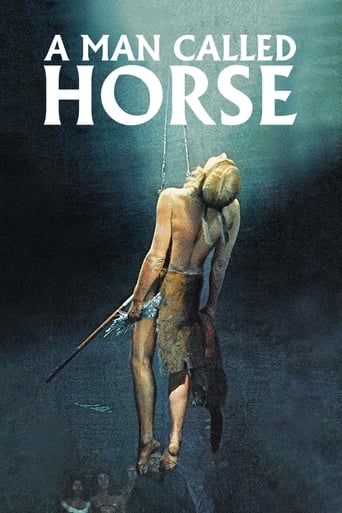
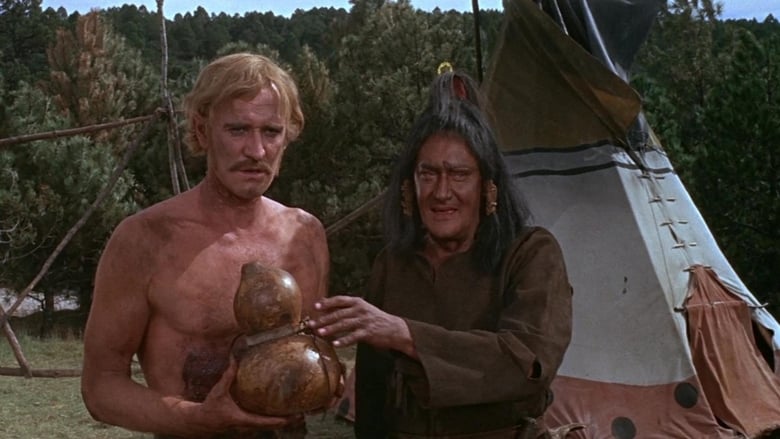
A Man Called Horse (1970)
In 1825, English peer Lord John Morgan is cast adrift in the American West. Captured by Sioux Indians, Morgan is at first targeted for quick extinction, but the tribesmen sense that he is worthy of survival. He eventually passes the many necessary tests that will permit him to become a member of the tribe.
Watch Trailer
Cast


Similar titles
Reviews
RELEASED IN 1970 and directed by Elliot Silverstein, "A Man Called Horse" chronicles events in 1825-1826 when an English aristocrat on a hunting expedition in the Dakotas (Richard Harris) is captured by the Lakota Sioux. As the months pass he starts to understand their way of life and is eventually embraced as part of the tribe. Manu Tupou plays the Lakota chief while Jean Gascon appears as a "crazy" Flathead captured by them, who just so happens to speak fluent French and English (Why Sure!). Corinna Tsopei plays the chief's sister while Judith Anderson is on hand as a cantankerous aged Native.People say that this was the precursor to the great "Dances With Wolves" (1990) and, while this is true, it's the obvious progeny of Westerns like "Broken Arrow" (1950) and, especially, "Run of the Arrow" (1957). Nevertheless, you have to respect a Western that totally eschews the common staples of the genre (quint Western towns, saloons, sheriffs, gunfights, cavalries, stampedes, forts, etc.) and focuses solely on life in-and-around a Native teepee village in the early 1800s.One obvious problem is the fact that a handful of the key Natives are played by Caucasians, but it's hard to hold that against a film made in 1969 and, besides, many of the cast are Native American. Another problem is that the movie purports to take place in what is now western South Dakota or thereabouts, but with the exception of establishing shots at Custer State Park, South Dakota, the movie was shot in Arizona and Mexico 700-1200 miles away! This wouldn't be so bad, but anyone who's been to the Dakota region can tell the difference.Anyway, critics nitpick this or that detail, but the movie effectively puts you in a Native village in the first half of the 19th century. The Sun Dance ceremony is a highlight with its fascinating depiction of the excruciating Vow to the Sun. Again, nitpickers criticize the details, but the Sun Dance was a real ceremony practiced by the Plains culture Natives back then.One thing I really respect is that the filmmakers refused to whitewash the Lakota Sioux in the name of idiotic political correctness. Their first appearance, for instance, shows them ruthlessly murdering several white hunters and stealing their horses and supplies. Moreover, they're plainly shown in a state of brutal war with other tribes. Needless to say, the American West was a far cry from the Garden of Eden before Europeans, etc. came and settled it, which is how eye-rolling liberal academics try to paint it. Aduh.THE FILM RUNS 114 minutes. WRITERS: Jack DeWitt, Dorothy M. Johnson & Gregory Crosby.GRADE: B
This "Aristocrat-Turned-Savage/Romeo & Juliet" story lost itself some really significant points due to its clueless director, Elliot Silverstein, not being able to make up his mind what sort of light he wanted to shine on the "true" nature of the Sioux Indians.... Were they vicious, sexist, scalp-hunters or were they just harmless, nature-loving, tree-huggers? But, regardless of what sort of message the director wanted to get across to the audience about the Sioux Indians - I think this film banked far too heavily on the graphically depicted "Sun Vow Ritual" and the obvious effect that it would surely have on the unprepared viewer.Anyway - Far from even coming close to being a spiritual experience, A Man Called Horse also lost even more points for these 3 things - (1) The laughable appearance of actor, Richard Harris' cheap-looking, blond wig. (Ha! What a hoot, that was!) (2) Even though the viewer is shown most everything else about the Sioux's lifestyle, we are never shown them harvesting any crops, whatsoever.(3) This DVD had the option of subtitles - Yet, when the actors who were playing the Sioux characters spoke in "native-tongue", no translation of this dialogue (and there was plenty of talk here) was ever offered to the viewer. (Duh!)
This movie is a powerful testimony to the endurance and spiritual life of the Plains Indians, of a time gone forever. When I first saw it in 1970, I was impressed with the production, but after seeing it again more than 40 years later, I was far more moved. I am rarely ever brought to tears by a movie, but this movie touched me so deeply that it was a bona fide spiritual experience, and even more powerfully moving. It also serves as a testimony of how the Indians lived, their culture, and how they practiced their own form of spirituality. I think this movie is a "must see" for anyone wanting to experience what life might have been like in those long-past times. I found myself grieving along with the people of the tribe after the attack and tragic deaths of many of the tribes people.
The late great Richard Harris. (Not counting his foray into recorded pop music with MacAurther Park.) He was one the great English actors of his time. From "Camelot" where he played King Aurthur to this truly bold and gritty role as a privileged young Englishman,looking for more in his life than those "rights of inheritance". I got this movie (and it's sequel) from the library and watched both back to back.From the outset,this movie while set well over 100 years before 1970,reflected the young American point of view at that time of fighting the conventions and traditional beliefs of one's elders. Some may find that kind of idea dated but in my view there really is nothing more confining than living life as others "expect" you to and conform to the "norm".John (Harris) is unfortunately saddled with 3 typical uneducated,hard-drinking guides,who think of him as an English "dandy" and give him no respect. Going so far as to ruin his property while he's out hunting. Enter the Sioux/Yellow Hand tribe male warriors who,for seemingly no reason other than these are white men,attack and kill all but John.They fish an unclothed bathing John from the lake and (as the title implies) dub him a horse and drag him (literally)back to camp. He's taunted and harassed and made to be the work-horse of a cranky Sioux elder woman. Children even ride him during a wild party.Another man who was captured 5 years sooner and suffered even worse is the wonderful character Batiste. He speaks French, English and Siuox and behaves like he's lost his mind so the tribesmen would stop bothering him. Thus,he becomes the co-conspirator in helping "Horse" gain his freedom. John falls for the lovely Sioux girl he dubs "Little Freedom" and goes through a ritual guaranteed to make faint-hearted viewers cringe. The "Vow To The Sun",where sharp claws and hooks are attached to his chest and he's then hoisted by ropes through the open roof and spun around. This is a test in the ability to endure pain and suffering,sort of a metaphor for all the Native-Ameicans have suffered at the hands of people from other countries. John wins his bride but they still have to fight a warring rival tribe and the battle comes later. John ends up losing his closest friends and his wife and vows to be the son of the elder woman until she finally passes on. It's true a great deal of this is not factual,despite being about a real person. Hollywood has a notorious history of taking the background of other races and distorting who and what they're about. It's a little surprising here given they were trying to make a film that gives a better idea of what actual Indian tribes were like. Other than those unfortunate but hardly surprising missteps,this film "is" a classic and a great riveting story. I don't really see how one comes up "empty" after watching this film. Empty would be those ridiculous movies where Indians speak in that fake dialect dreamed up by Hollywood. "You smoke 'em peace-pipe?" Puh-lease!I give ten stars for this film because it is a great story to watch. Probably even a better one to read,since it is based on the book of the same name. Maybe I'll give that a read too. (END)


